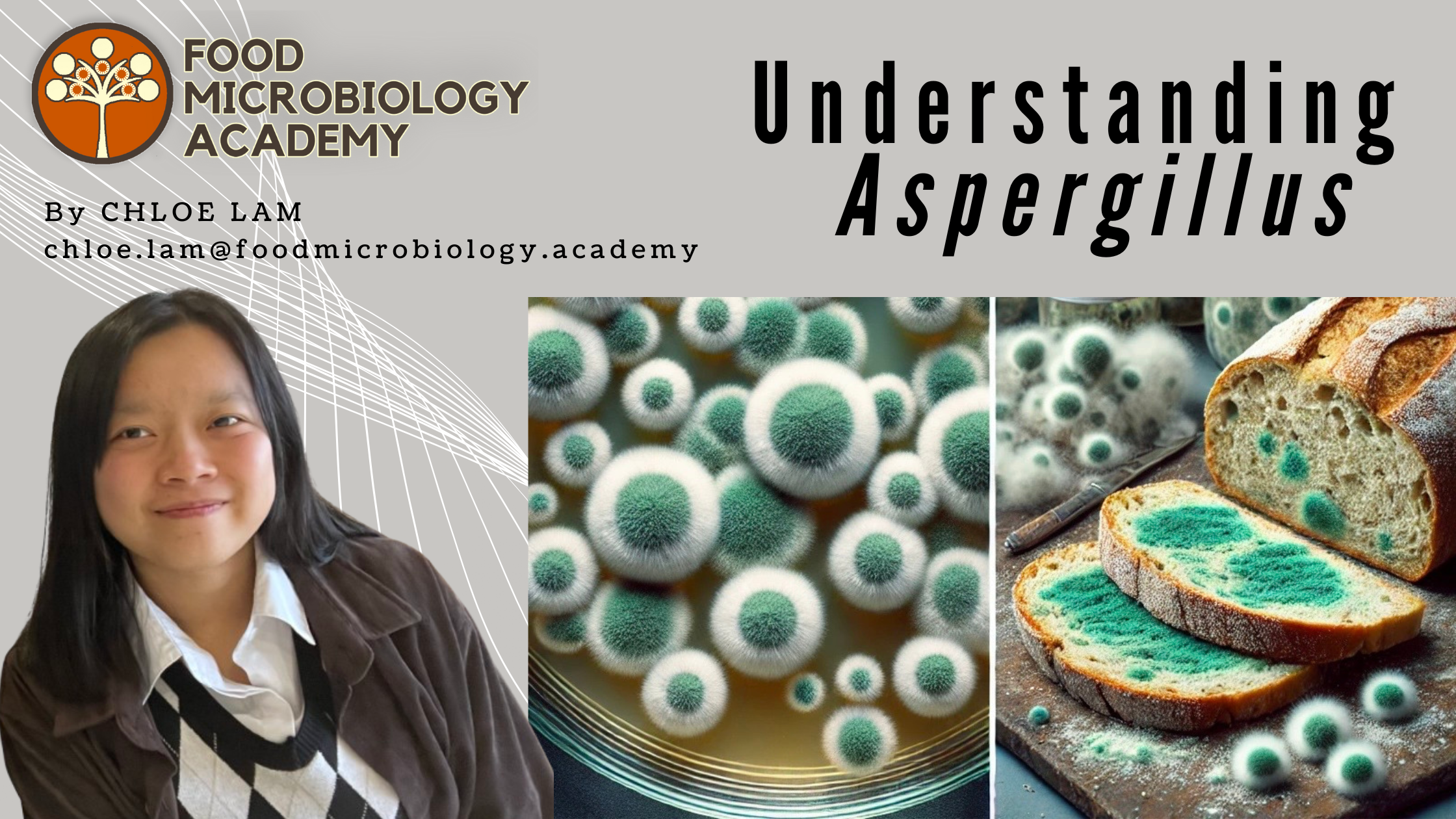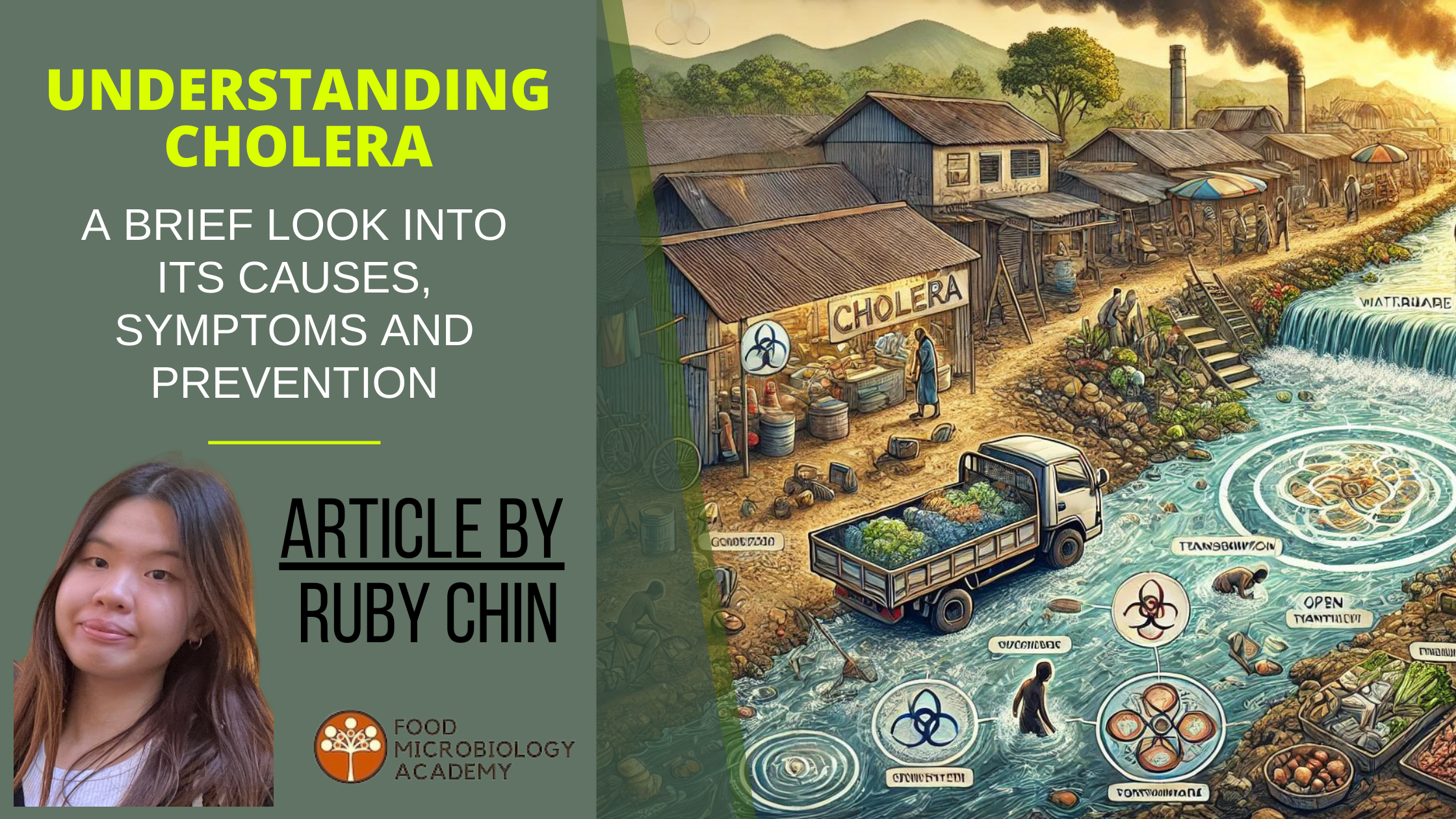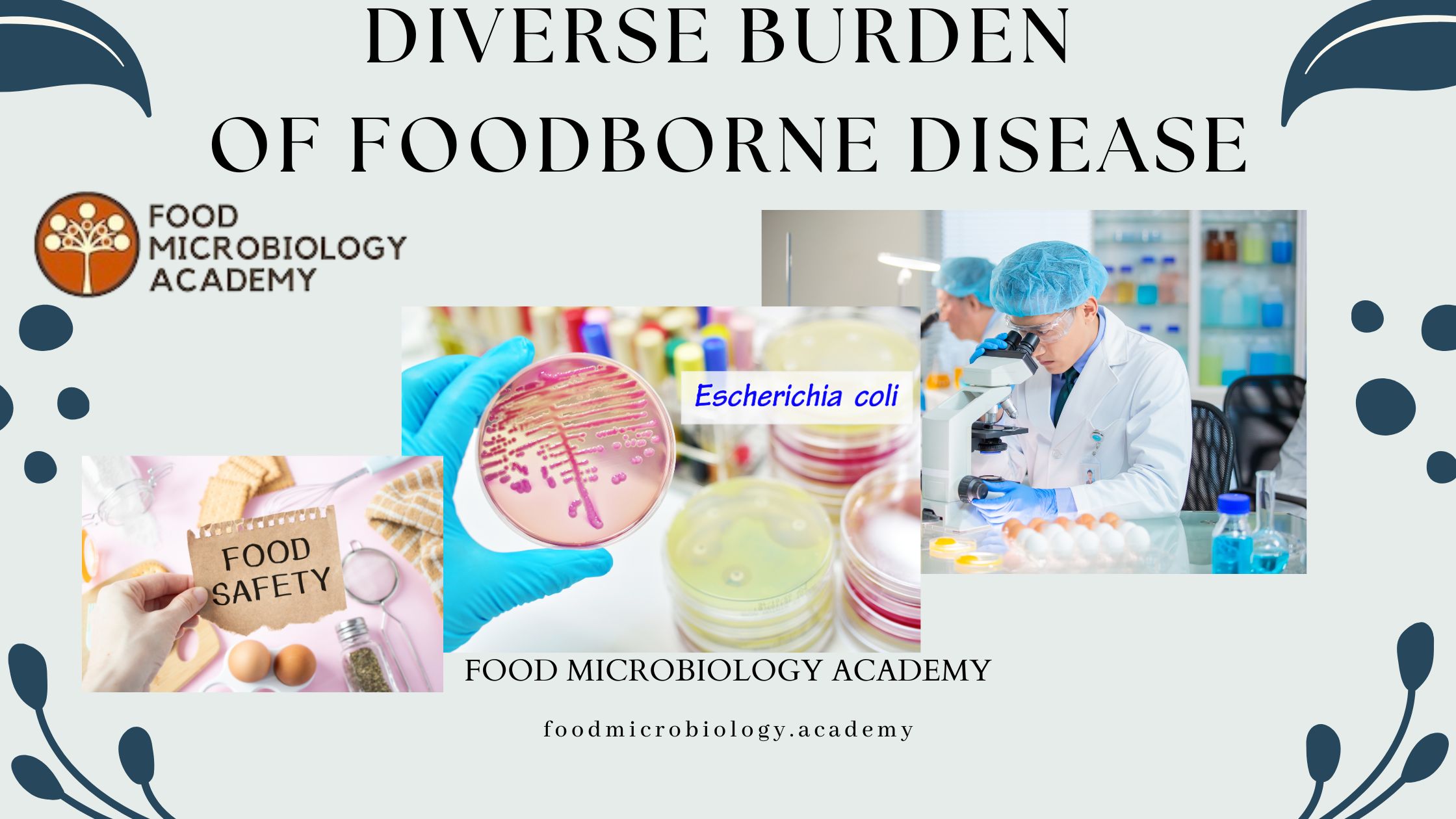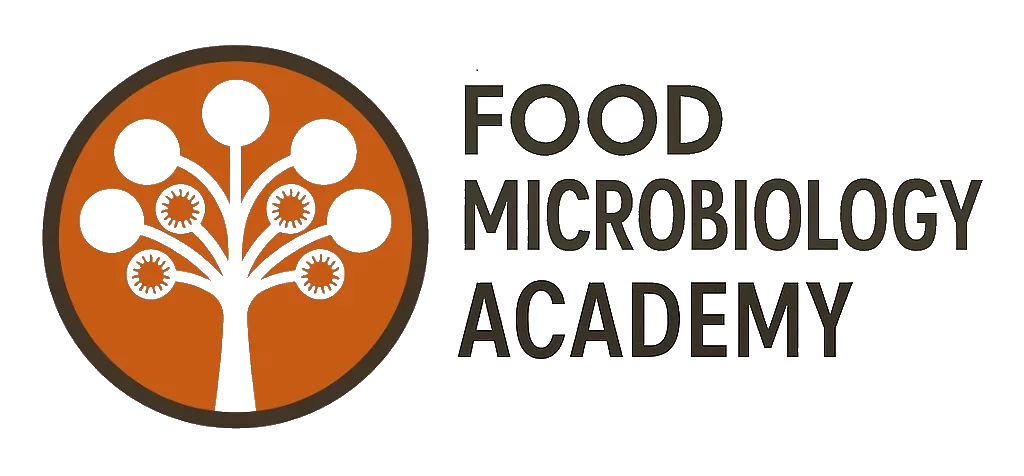Understanding Aspergillus: How this common mould causes aspergillosis and affects your health
Discover the hidden dangers of Aspergillus, a common mould that can cause serious health problems. Learn about aspergillosis, a spectrum of infections ranging from allergic reactions to life-threatening invasive diseases.






